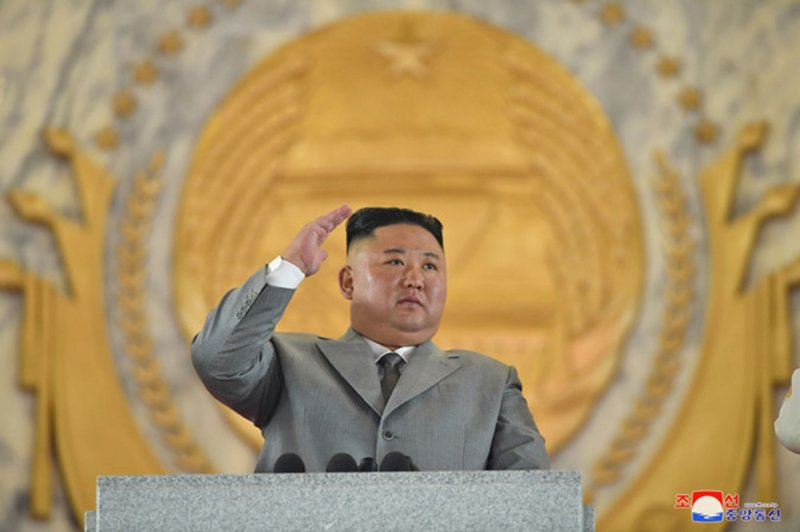North Korea has instituted a ban on smoking in public places, state-run media announced on Thursday. The country's leader, Kim Jong Un, has been photographed with a cigarette in his hand on several occasions. Photo by KCNA/UPI |
License Photo
SEOUL, Nov. 5 (UPI) -- North Korea banned smoking in public places in order to create "more cultured and hygienic living environments," state-run Korean Central News Agency reported Thursday.
The law, which was introduced at a meeting of the Supreme People's Assembly on Wednesday, prohibits smoking in places such as theaters, health facilities and restaurants and on public transportation.
The anti-smoking regulations aim to protect lives and health "by tightening the legal and social controls on the production and sale of cigarettes and on smoking," KCNA said. The report added that the law includes penalties for violations, which were not specified.
North Korea has high rates of smoking, with more than 46% of men counted as smokers, according to a 2019 report from the World Health Organization. Smoking among women is virtually nonexistent, however.
North Korean leader Kim Jong Un is known to be a smoker and is frequently seen holding a cigarette when making public appearances. He was filmed taking a smoke break at a railway station in Nanning, China, last year on his way to a second summit with U.S. President Donald Trump in Hanoi, Vietnam.
Cigarettes have also been reported to be widely used as a form of currency and for bribing officials in the North, which remains under heavy international sanctions. A pack of cigarettes can cost up to $20.
North Korea faces a number of public health challenges, including chronic malnutrition and high incidences of infectious diseases such as tuberculosis. Average life expectancy is 72.1 years, according to the World Bank, more than 11 years less than in neighboring South Korea.
Pyongyang continues to say that North Korea has no confirmed cases of COVID-19, although experts outside the country have raised doubts about the claim.
The Supreme People's Assembly meeting also introduced a new enterprise law stipulating that businesses must be "labor-, energy-, cost- and land-saving," while employees should be "patriotic working people who regard the spirit of economy as part of their mental qualities," KCNA reported.















